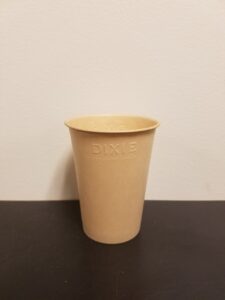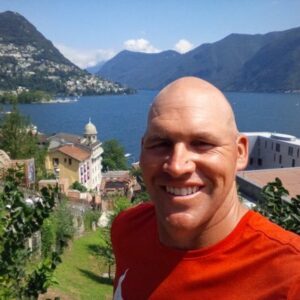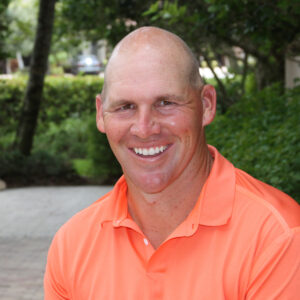Coaches are very practical people and we need to understand our role in what we do. So, for a lot of us, we got into tennis coaching because we love tennis and that was our driver.
Then we suddenly realized after a number of years that our knowledge of tennis is one thing, but our ability to be able to communicate with people, build relationships and interact that’s a skill that maybe we hadn’t thought of. In that way, we end up with this situation where we suddenly have to accumulate a whole lot of new skills and a whole lot of self-reflective things around what we’re actually doing. Sometimes we all experience that we know what the player should do, but somehow, they are not learning it, or we think that everyone should want to take a lesson from us, because we’re so knowledgeable, but that’s not always the case.
The idea of the police, the doctor and the bartender came up as we were trying to explain what different roles a tennis coach has to do.
The police
What’s the role of a policeman? Organize, keep structure and keep order. If you create order, then you can start to do other things. I love the analogy about the sides of the bridge. It goes that the reason that there are sides to a bridge then the person can drive over more confidently and faster than if there are no sides to it. So, it’s that kind of concept. If you create an environment with structure, order and everybody knows where they are, then you can start to express yourself and relax a little bit. It’s a little bit like the other one I love when teachers say “I can’t smile until November” because they get a new class in September and it’s like, well, I’m going to create order and structure and then by November I can relax and be me again. Everyone knows where they stand, and kids need that. They really need order and structure. So, the first one’s.
The doctor
What does the doctor do? He tries to keep you improving, moving forward and tries to make you better. So that’s what the role of the coach traditionally is. It’s about identifying flaws and errors. The idea of a doctor is not just repairing or fixing things, it’s preventative as well.
The bartender
Perhaps we shouldn’t talk about bartending when we are talking about kids’ tennis, but I experience that coaches can relate. If you’re a good bartender, you are building relationships. It’s the person across the board that makes you feel at home and is very friendly to you.
So, what we’ve done is we said at different times you have to apply different roles. As a coach, if you drew a big circle and you estimated how much of today you spent being police, doctor and bartender – what would you end up with? need to be a doctor?
Think about whether the percentages change? So, the school environment, for example, if you got 30 children on a playground, I taught 13 schools a week at one point in my career and it was a lot about being a policeman to start with and then I could gradually relax.
Whereas if you were, for example, working with a 15-year-old girl, perhaps the relationship side of things (being a bartender) is more important. That you build trust and you build empathy and enhance autonomy in that kind of situation.
So, there’s crossovers between the three, but it’s just helped coaches to actually go, oh yeah, maybe I’m really good at this role and I need to practice this role. We’ve had the coach finish the lesson that was observed by other coaches and draw the graph for themselves and then come back to, well, this is what everybody else thought you did and it’s quite different. It’s a reflective tool meant to very simply explain slightly complicated psychology, but in a way that everyone can grab and use.


